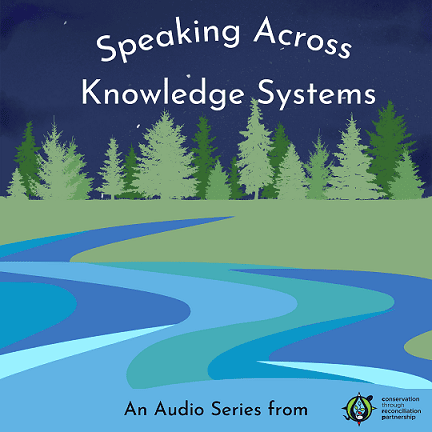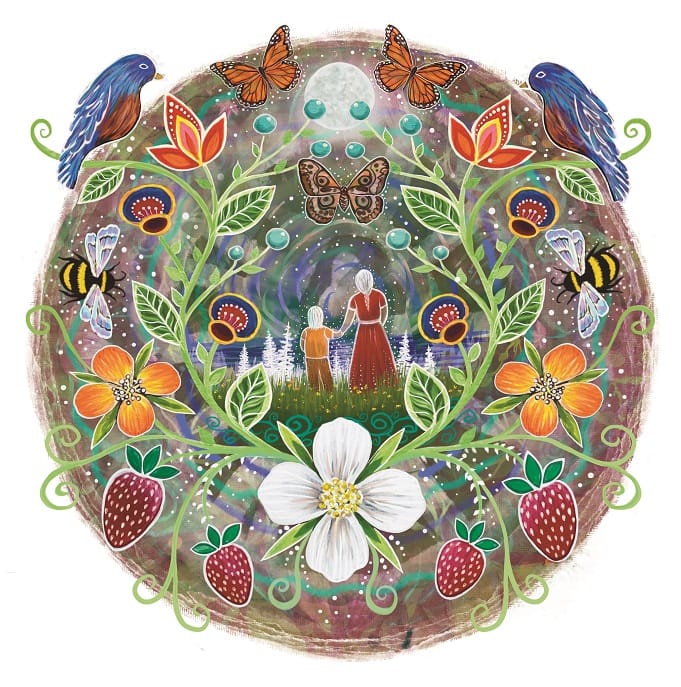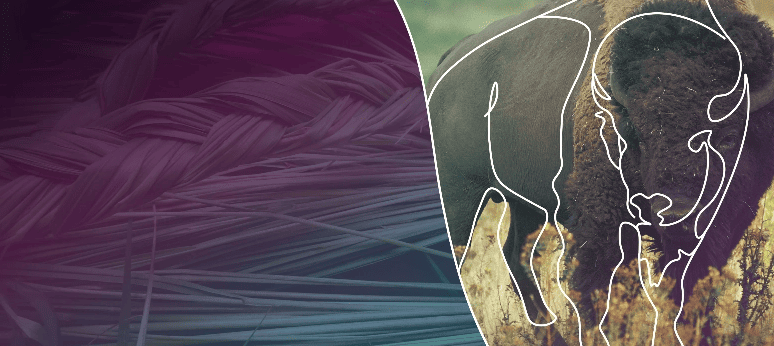The Upwelling Learning Agenda: An Invitation to Action
This report captures a two-year truth-telling process led by The Circle on Philanthropy, amplifying Indigenous voices and critically examining partnerships between environmental non-governmental organizations (ENGOs), funders, and Indigenous Peoples. It offers a vital learning agenda to guide settler-led ENGOs and funders toward respectful, reciprocal, and supportive relationships with Indigenous partners.





